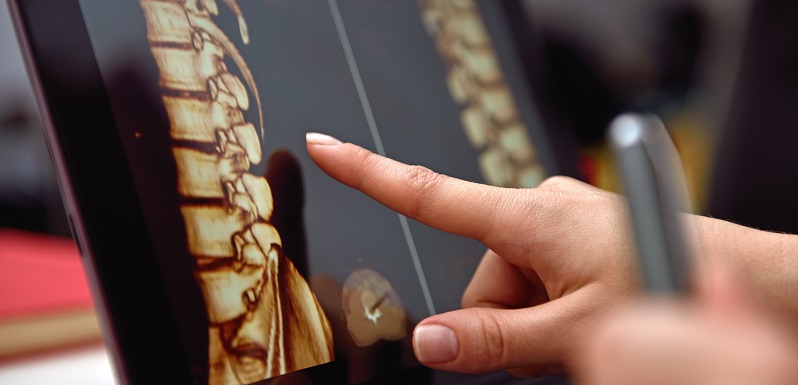3 Surprising Activities That Can Weaken Spinal Bone Strength
Category: Spine | Author: Stefano Sinicropi

Everyone knows that certain actions and activities are bad for your spine. For example, having poor posture or regularly smoking can both weaken your spinal vertebra, but we also overlook some rather innocuous actions that can also be harmful to your spinal bone density. In today’s blog, we take a look at three things you might be doing regularly that could actually be harmful to your spinal bone density.
Surprising Actions That Weaken Spinal Bones
Do you do any of these things on a regular basis? If so, you’re not alone, but you might want to try to adjust your daily habits so that you aren’t jeopardizing the durability of your spine down the road.
- Excess Caffeine Intake – Drinking too much coffee or caffeinated sodas can actually be harmful to your spinal bone density. Studies have shown that a high intake of caffeine-containing beverages can increase spinal bone loss and fracture risk in some individuals. This can occur if caffeine ends up inhibiting the absorption of bone-building calcium in the intestines. However, for most people, caffeine doesn’t end up harming a person’s spinal bone density if they regularly get the daily recommended intake of between 1,000-1,200 mg of calcium each day.
- Too Much Time Indoors – If you work in an office and live in a place where it’s not always sunny and 75, you might spend a fair amount of time indoors. Aside from potentially limiting your activity and exercise, which can have its own impact on your spinal health, all this time indoors can negatively affect your spinal bone density. If your skin isn’t getting regular sunlight exposure, your body isn’t able to convert the sun’s ultraviolet B rays into vitamin D, which is essential for calcium absorption. Make sure you get at least 30 minutes of sunlight exposure each day to help fuel vitamin D production.
- Excess Salt Intake – Similar to caffeine, excess sodium can also weaken your spinal bone density. Research has shown that high sodium intake can lead to lower levels of calcium in your body. That’s because your body will work to excrete this excess sodium, and when it does this, calcium can get taken along with it. This is also why people with high salt diets tend to have a higher osteoporosis and kidney stone risk.
So if you can work on adjusting your diet and how much time you spend inside, you can really help your body get and retain the calcium and vitamin D it needs to produce healthy bones for years to come. And if you need help with a spinal issue that’s causing you pain, reach out to Dr. Sinicropi and his team for a diagnosis and individualized treatment plan today.